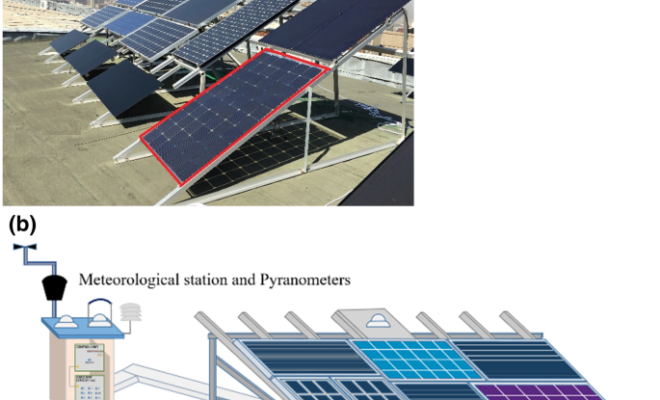Storage Tank Water Heaters vs. Tankless Water Heaters: What’s the Difference?

Introduction
When it comes to water heating in homes and businesses, storage tank water heaters and tankless water heaters are the two most popular options in today’s market. While both systems serve the common purpose of providing hot water, there are significant differences in their functioning, costs, and efficiency levels. This article will break down the key differences between these two types of water heaters, helping you make an informed decision on your next purchase.
Storage Tank Water Heaters
Storage tank water heaters, also known as conventional or traditional water heaters, are the most common type of heater used in households and businesses. These units consist of an insulated tank that stores gallons of preheated water depending on its capacity (usually between 30-80 gallons). When hot water is required, it is drawn from the storage tank, and cold water simultaneously enters the bottom to be heated for future use.
Pros:
1. Lower initial cost: Storage tank water heaters generally have a lower upfront cost compared to tankless water heaters.
2. Simplicity: They are often easier to install and require less maintenance over time.
Cons:
1. Inefficient: Storage tank heaters constantly heat stored water, leading to standby heat loss and lower energy efficiency than tankless systems.
2. Limited hot water supply: The hot water supply is limited to the capacity of the storage tank.
3. Bulky: Storage tanks take up more space than their tankless counterparts.
Tankless Water Heaters
Tankless or on-demand water heaters are designed to provide hot water instantaneously as needed without having a dedicated storage tank. Instead, they use advanced heat exchanger technology that heats the incoming cold water when a hot water tap is turned on. The system takes only a few seconds to deliver hot water continuously without any waiting time.
Pros:
1. Energy efficient: By cutting out standby heat loss, tankless water heaters can be up to 30% more energy efficient than storage tank systems.
2. Space-saving: Their compact size allows for installation in tight spaces or even outside the home.
3. Unlimited hot water: Tankless heaters provide continuous hot water, which means you don’t have to worry about running out during high usage periods.
Cons:
1. Higher initial cost: The upfront cost of a tankless water heater is often higher than that of storage tank units.
2. Complex installation: They require a more complicated installation process and might need upgrades to the current gas supply line and ventilation systems.
Conclusion
In summary, the choice between storage tank water heaters and tankless water heaters depends on individual preferences, budget, and space availability. Storage tank systems tend to be less expensive upfront but may lead to higher energy bills and limited hot water supply.
In contrast, tankless systems boast higher energy efficiency, unlimited hot water supply, and a compact design but can have a steeper initial cost. Each homeowner or business owner should carefully consider these factors when making their choice for the most suitable water heater option.




